
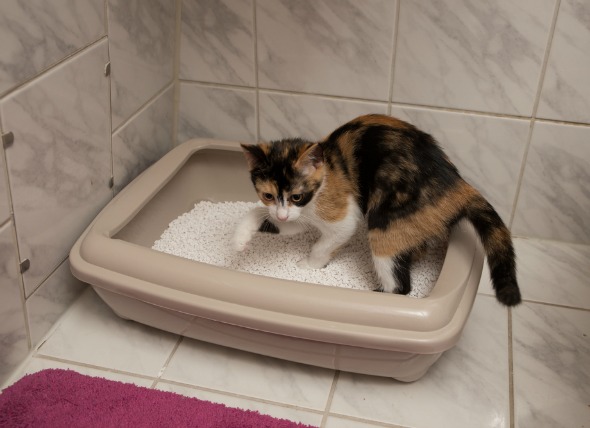
Acute diarrhea has four general reasons for occurring: osmotic imbalances, over secretion, intestinal exudation or motility disorders. Osmotic imbalances occur when the concentration of food molecules in the intestine is too high. Water is drawn into the intestine by the excess molecules, causing diarrhea. Over secretion occurs when the intestine secretes too much fluid after being exposed to bacteria or toxins. Intestinal exudation describes a slow oozing of blood fluids through ulcers or other breaks in the intestine’s tissue layers. This exudation can be mild or very severe.
Motility disorders refer to how active the intestine is and its capability of moving contents through. An intestine that is under functioning in its ability to muscularly contract and push the contents out of the canal is most common; this condition is referred to as peristalsis. Conversely, motility can be increased as well, so that the intestine contracts too quickly and fluid which normally is absorbed is lost into the feces. Sometimes diarrhea can be from a combination of these causes. Intestinal infections can also cause the intestine to over secrete. They also tend to change the motility of the intestine.
Your veterinarian will perform a complete physical exam on your cat. You will need to give a thorough history of your cat’s health, including a background history of symptoms, and possible incidents that might have precipitated this condition. A blood chemical profile, a complete blood count, an electrolyte panel and a urinalysis will be performed so as to rule out other causes of disease. X-rays can help to rule out the possibility that your cat swallowed inappropriate items, which may be blocking or irritating the intestine.
Blood tests can be performed to rule out an inflamed pancreas, or a pancreas that is not producing enough digestive enzymes. Blood tests can also be used to check levels of cobalamin and folate (vitamins) as these are normally absorbed in the intestine.
Laboratory tests can be performed on fecal samples to check for Giardia, Parvovirus and Cryptococcus infections. A smear of feces should be checked for parasite eggs as well. Your veterinarian may perform an endoscopy to take a sample of your cat’s intestine for histopathologic examination at the laboratory.
If your cat is only mildly ill, it may be treated on an outpatient basis, but patients with severe dehydration and/or vomiting should be hospitalized for fluid and electrolyte therapy. Shock fluid therapy may be necessary. Potassium supplementation may be required in very ill patients but it should not be given simultaneously with the shock fluid therapy. Patients that are mildly ill, and are not vomiting should follow a period of fasting (12–24 hours), which is often followed by a bland diet, such as boiled rice and chicken or a prescription diet. Patients with obstruction or foreign bodies may require surgery to evaluate the intestine and remove the foreign objects. Your veterinarian will prescribe the appropriate medicine for your cat’s diagnosis. Anti-secretory drugs, intestinal protectants or dewormers are the most commonly prescribed medications. Rarely, antibiotics are prescribed.
Be sure to follow your veterinarian’s time guidelines for deworming kittens. Parasitic infections that can cause diarrhea can be easily prevented. Watch your cat so that it does not eat from the garbage or from other inappropriate sources. Garbage can be dangerous to your cat’s health, especially if very fatty food is eaten, or if foreign bodies, such as bones are ingested. Also, there are several infectious causes of diarrhea that may infect people as well. Caution must be taken when cleaning up diarrhea and feces and the area around the litter box kept particularly clean.
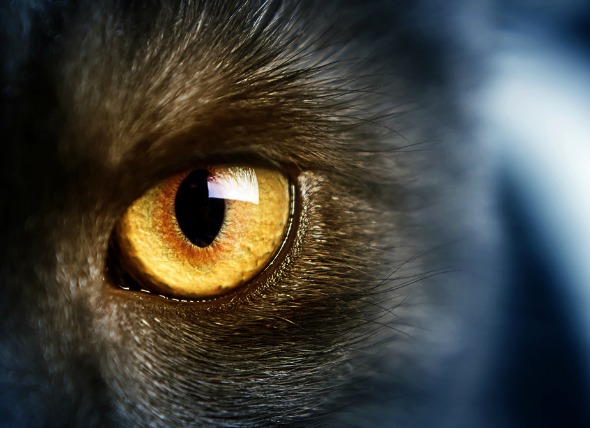 Corneal Inflammation (Nonulcerative Keratitis) in Cats
Nonulcerative Keratitis in Cats
Keratitis is the
Corneal Inflammation (Nonulcerative Keratitis) in Cats
Nonulcerative Keratitis in Cats
Keratitis is the
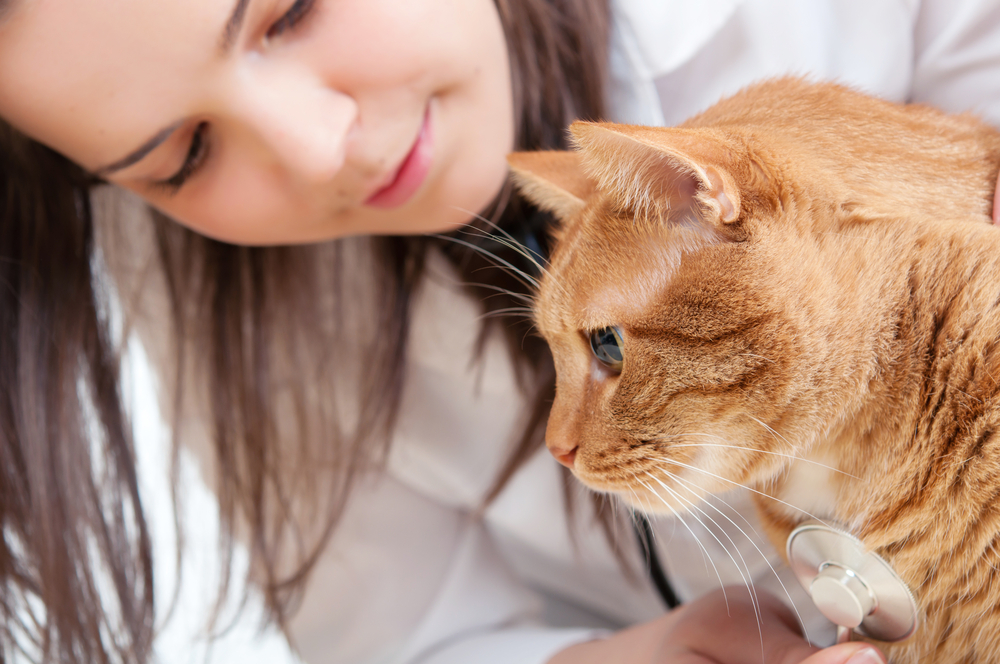 Lungworms in Cats
Parasitic Respiratory Infections in Cats
Lungworm
Lungworms in Cats
Parasitic Respiratory Infections in Cats
Lungworm
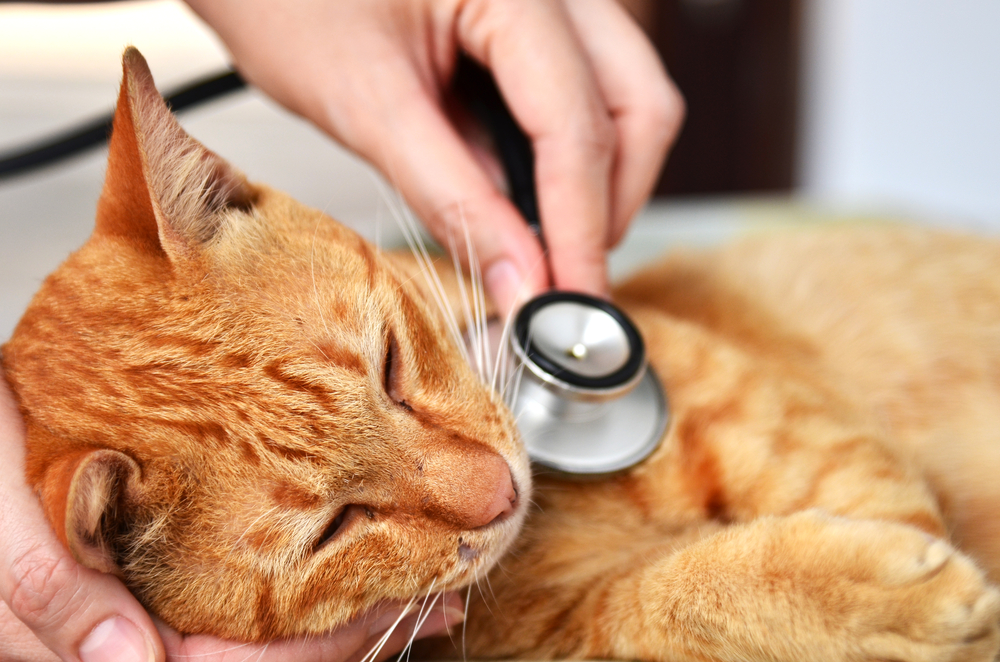 Throat Cancer (Chondrosarcoma) in Cats
Chondrosarcoma of the Larynx and Trachea in Cats
Throat Cancer (Chondrosarcoma) in Cats
Chondrosarcoma of the Larynx and Trachea in Cats
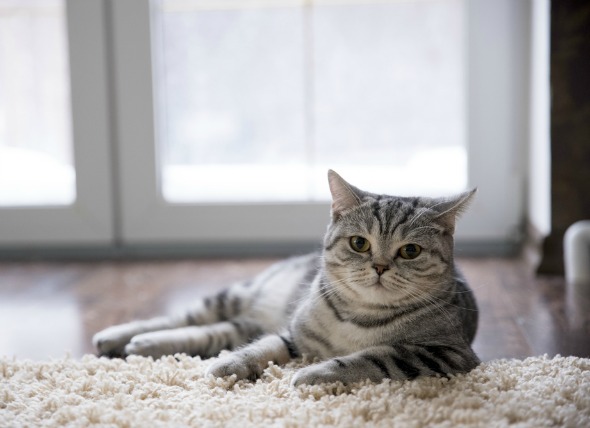 Blood in the Urine in Cats
Hematuria in Cats
Blood in the urine, a condition
Blood in the Urine in Cats
Hematuria in Cats
Blood in the urine, a condition
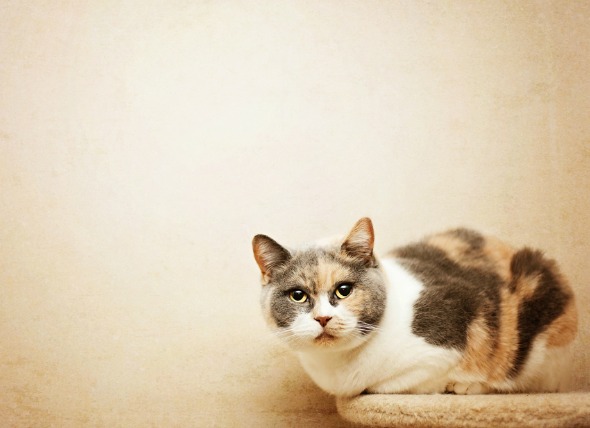 High Blood Pressure in the Lungs in Cats
Pulmonary Hypertension in Cats
Pulmonary hyperten
High Blood Pressure in the Lungs in Cats
Pulmonary Hypertension in Cats
Pulmonary hyperten
Copyright © 2005-2016 Pet Information All Rights Reserved
Contact us: www162date@outlook.com